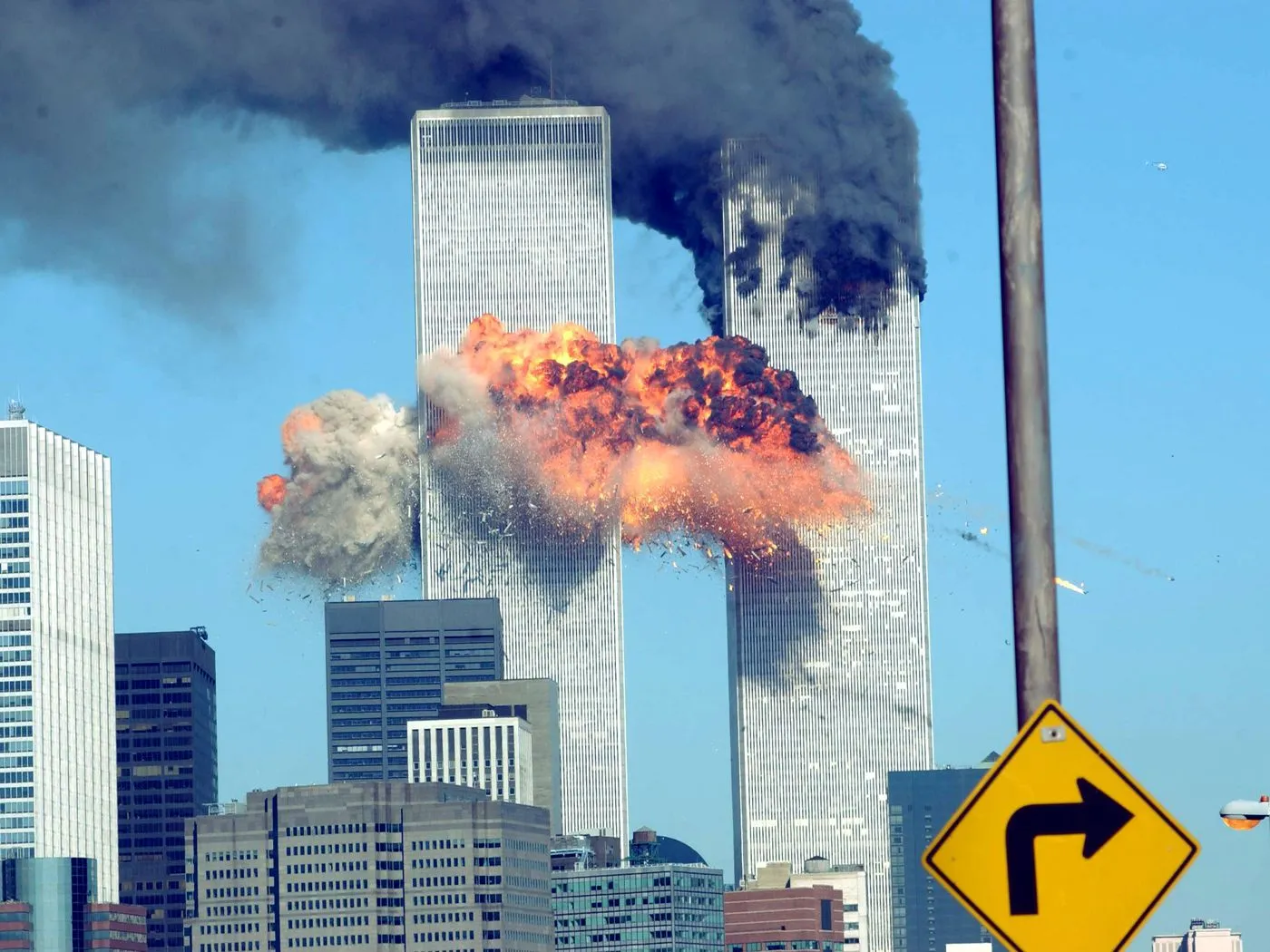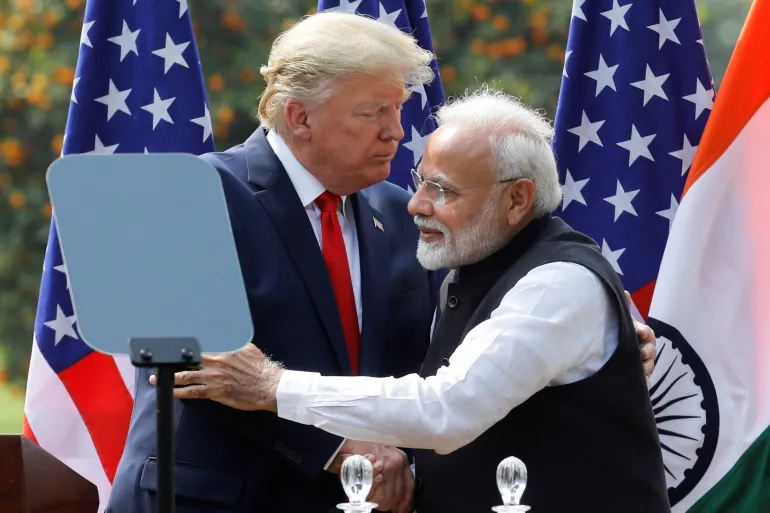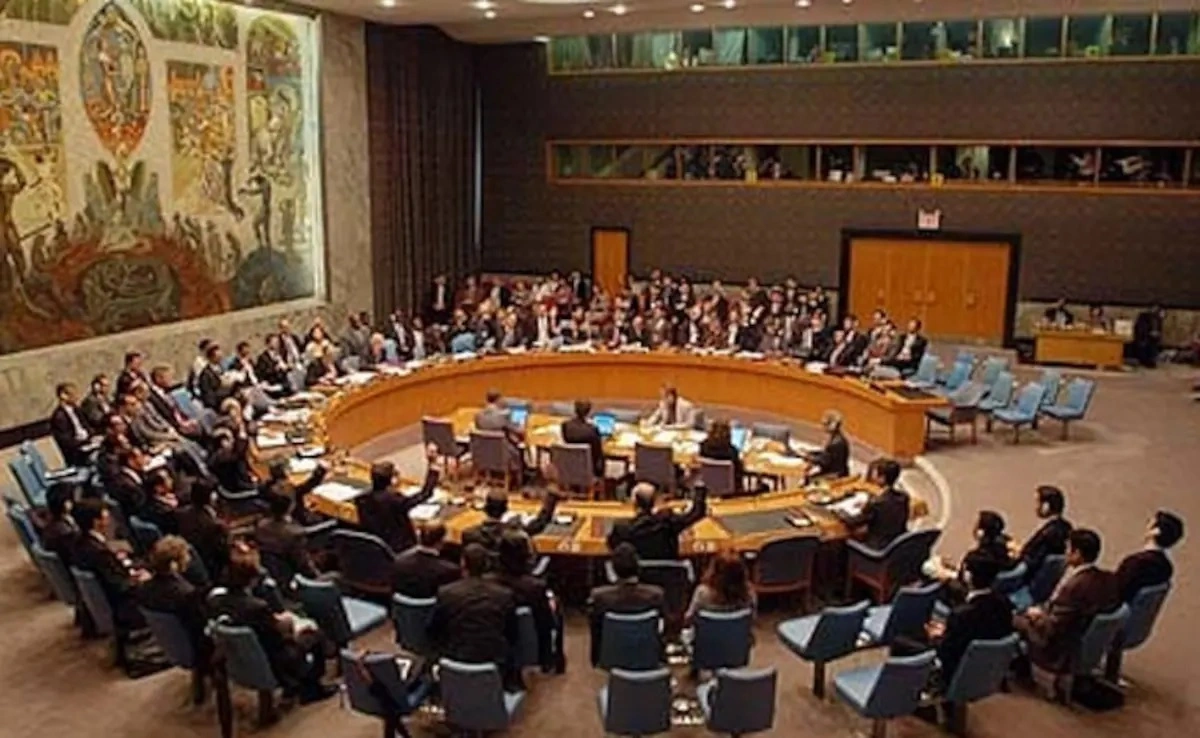No number of cinematic productions can capture the events that unfolded after two hijacked planes hit the Twin Towers in New York City, causing them to collapse. Worldwide change is usually a slow process that happens over centuries. However, in retrospect, the world saw several rapid changes.
These include the rise of surveillance states. They also encompass the weakening of a sole superpower and the rise of multiple powers. Additionally, there has been a significant paradoxical impact on civil liberties. Additionally, Muslims and Islam were stigmatized, and conflicts seemed to never end.
The mightiest military power of the world set out to root out the evil of terror. However, the terror persists, power has diluted itself, and multi-polarity lingers. The defeated Soviet Union of yesterday is today’s Russia, one of the shareholders of this diluted power. Russia is fighting a war with no decisive end in sight in a post 9/11 world.
Such are all the post 9/11 conflicts; a world in waiting, a war that doesn’t end.
All the Muslim-majority countries where the United States set foot to fight its ghost enemy, terrorism, have experienced turbulence. This has been the case post 9/11. This includes Iraq, Libya, and Afghanistan. The US ultimately had to withdraw its troops from most of these battlefronts because the war was becoming too costly to continue. However, for millions of people, the night of terror and war never ended. They found themselves far from traces of a normal life.
A New Normal
For the rest of the world, the “normal” is a different normal now. Nation states routinely surveil their populations as a procedure aimed at ensuring the security of their people. These same nation-states are closed and averse to outsiders, perpetuating hate crimes as a way to avoid entertaining diversity. These very nation-states have sophisticated, intricate laws to indefinitely detain someone who ushers a word that in some sense of the word is a threat to the nation’s security. These very nation-states actively seek to govern the digital space.
A clear picture of anarchy is today’s geopolitically complicated world where America must safeguard its interests and power by limiting China and where China seeks to fill the voids left by America’s passionate battle fronts with geo-economics.
But the conflict dynamics keep on turning even more complex with every passing day. Regardless, the US has jumped into patronizing a connectivity route seen as a counter to China’s Belt and Road (BRI). Emerging from the 18th G20 Summit in Delhi, the India-Middle East-Europe Economic Corridor (IMEC) is still in its infancy. It is difficult to predict how and when it will materialize. But it has surely raised eyebrows about the role of certain countries, especially Saudi Arabia.
The Role of Saudia
Saudi Arabia’s great leap and opening begs the question of whether it will be able to sustain it. With a history of partnership with the US, warming relations with China, and a firm identity in the Muslim world – its geopolitical role will remain interesting. But how far it takes matters that involve its Muslim identity seriously is also another interesting thing to see. Normalisation with Israel stands as the most pressing development right now that can easily compromise Saudi Arabia’s identity for Muslims across the world.
For Pakistan and Afghanistan, left under the thick shadows of America’s war, a world in flux is hardly ready to settle down.
A surge in terror attacks in Pakistan is a grim reminder that the apocalypse is not over yet. Trying to rebuild a country, Afghanistan’s new rulers are claiming space in multilateral forums such as the recent Moscow Format in Kazan. Collectively, both countries are faced with the residue of war in the form of militant groups like the TTP and ISKP. In strategic silence, both are aware of the trouble, and in backchannel dialogue, efforts are underway to find a way out. But since the social fabric has been infiltrated by extremism, tough choices await.
The article was originally published by The Friday Times. The views expressed in this article are the author’s own and do not necessarily reflect the editorial policy of the South Asia Times.



![Prime Minister Narendra Modi with External Affairs Minister S. Jaishankar at an official event. [Photo Courtesy: Praveen Jain via The Print].](https://southasiatimes.org/wp-content/uploads/2026/02/20-scaled-e1755601883425-1024x576-1.webp)



